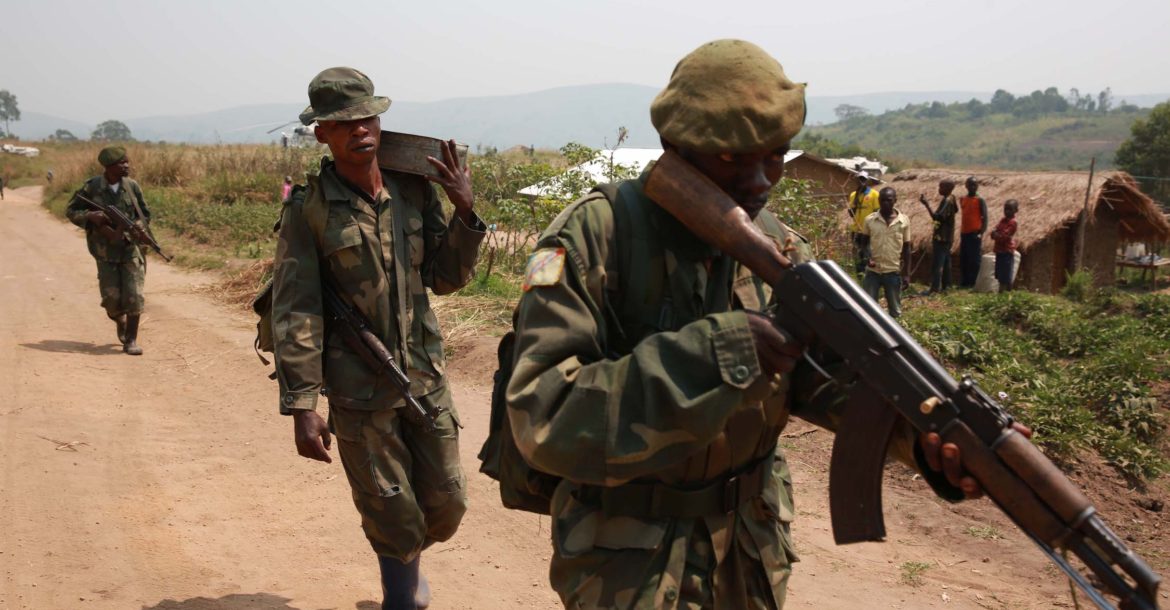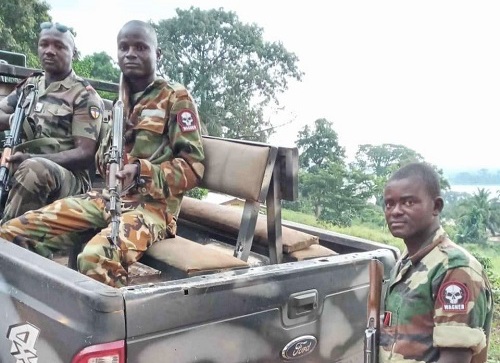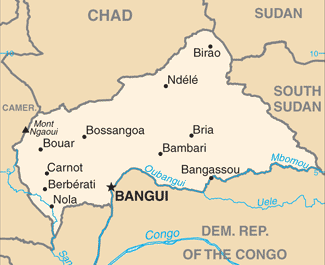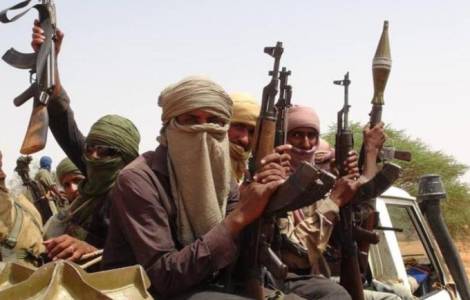
Global executions surged in 2022: Amnesty International
The number of judicial executions recorded globally in 2022 reached the highest figure in five years, according to Amnesty International’s annual review of the death penalty. Excluding the thousands believed to have taken place in China, a total of 883 executions were recorded across 20 countries, marking a 53% increase from the previous year. The Middle East and North Africa region saw a significant rise in executions, with Saudi Arabia executing 81 people in a single day in March 2022 out of a year total of 196, while Iran executed a record-high 576 individuals. Three countries in the region, including Egypt, accounted for 90% of known executions outside of China. The true global figure is likely much higher due to secrecy surrounding the use of the death penalty in certain countries. China is believed to have remained the world’s most prolific executioner. (Photo: ICHRI)









